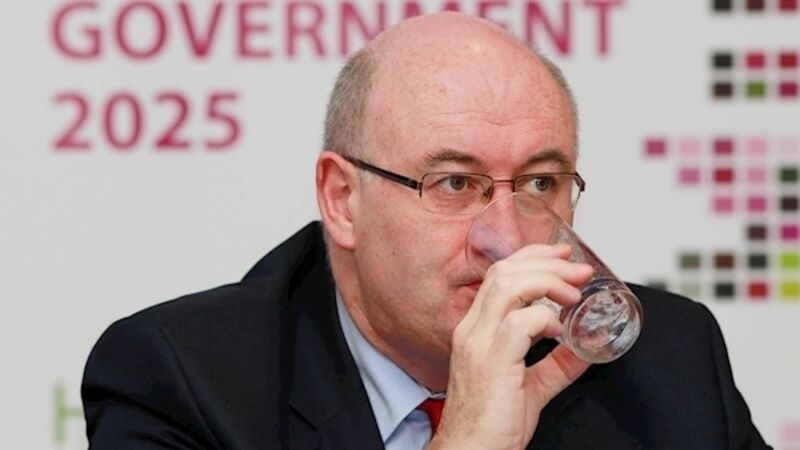Local democracy has been diluted: Elected mayors can help restore it

Phil Hogan, as minister for the environment and local government, just about destroyed local democracy in the run-up to his Local Government Act of 2014 and I took no notice.
I might have heard something on the airwaves about “cost savings”. I might have briefly imagined rafts of useless councillors, who were costing us money we could ill-afford, being put out to grass. How stupid of me. How irresponsible.














